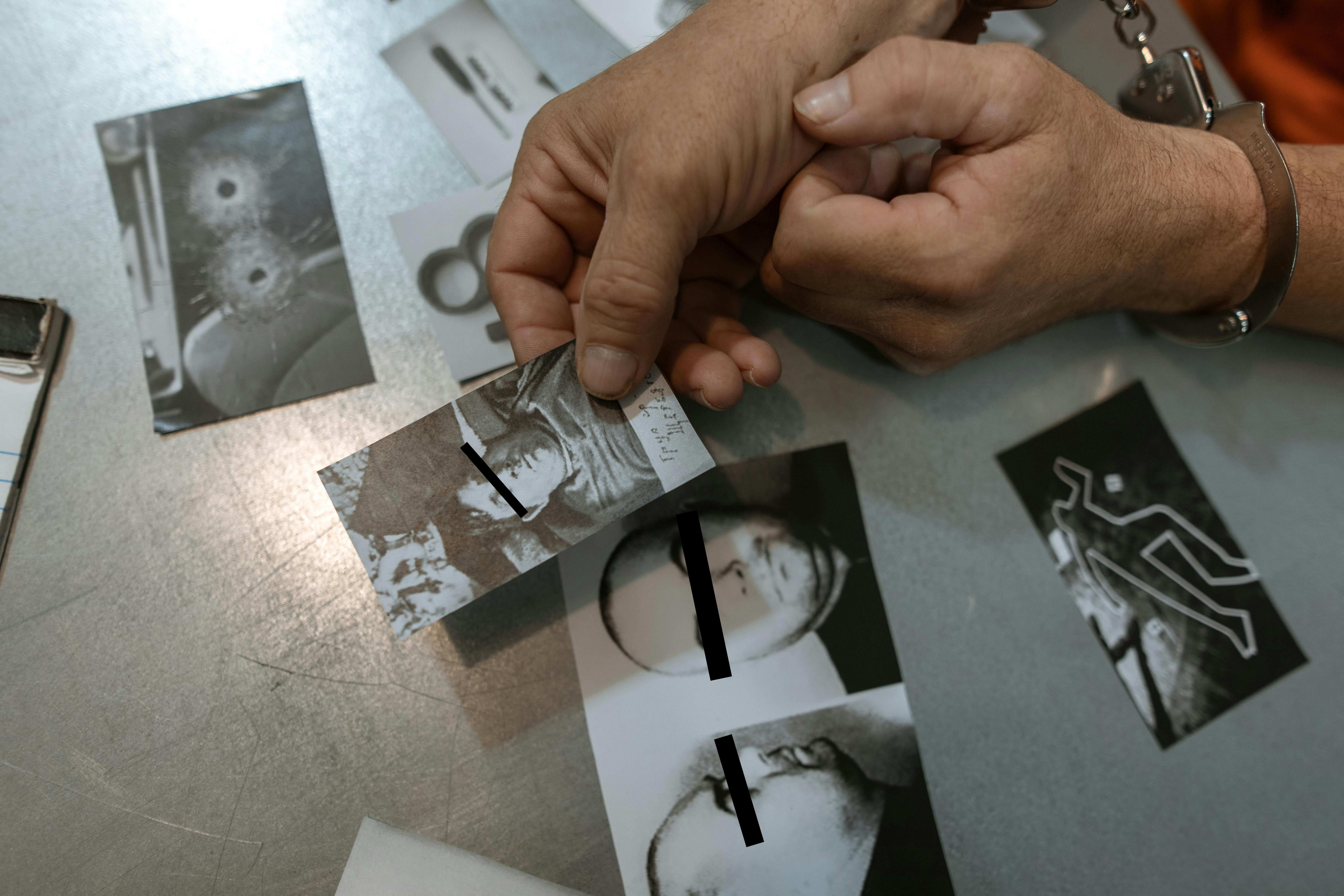Controlled and uncontrolled waiting time and payment
A California employee may be exempt or non-exempt. An exempt employee is in an administrative, executive, professional, or outside sales position and is not entitled to pay for wait time or on-call time.
Any other employees are not exempt and are entitled to additional pay for waiting time, which may be negotiated above the minimum wage of $8.00 per hour.
If a non-exempt employee is required to remain at the employer’s place of business and respond to calls for assistance or emergencies, they must be paid for all hours on the premises, including wait time.
If a non-exempt employee is not required to remain at the employer’s workplace, but must respond to an employer’s request to return to work in an emergency, they must be paid for time-controlled waiting time. instead of out of control.
Hours Worked Under Federal And State Standards:
“Hours worked,” under the federal Fair Labor Standards Act and implementing regulations (29 CFR 778.223) for which an employee must be paid, include: (a) all time during which an employee is required to employee is on duty or on the employer’s premises or at a prescribed place of work; and (b) all time during which an employee is permitted or permitted to work, whether or not required to do so.” .
The definition of “hours worked” adopted by the California Division of Labor Standards Enforcement in 1WC Wage Orders, Sections 2(K), on the other hand, includes more broadly: (a) all time during which the worker is subject to the employer control; and all the time during which the employee is permitted or permitted to work.
However, it should be noted that healthcare industry employees who provide patient care may work 12-hour shifts with regular time pay. And employees required to reside on the employer’s premises are exempt from overtime pay, but not from the minimum wage.
controlled standby Employer Paid Time:
Whether waiting time is considered “controlled” by the employer and must be paid for depends on the restrictions placed on the employee’s use of the time for personal purposes.
If the waiting time is completely unlimited or free for personal use, it is not controlled and no payment is required. This availability time will not be considered compensable hours worked. But if the employer so wishes, uncontrolled availability time can be compensated below the minimum wage or by a lump sum.
As early as July 9, 1984, the California Supreme Court, through Judge Reynoso, adopted a two-step analysis to conclude that the substantial limitations imposed on the time (Code 7) of Police Department officers, sergeants, and dispatchers de Madera converted that time into hours worked. See WoodAssociation of Police Officers v. City of Wood(1984), 36 Cal.3d 403; 204 Cal.Rptr. 422; 682 P.2d 1087.
The two-step analysis consists of: first, examining “whether the restrictions on time off are primarily directed at compliance with the employer’s requirements and policies”; and second, to analyze “whether employees’ time off duty is so substantially restricted that they cannot engage in private activities.”
Both questions, according to the California Supreme Court in Woodyesabovemust be answered in the affirmative.
In 1992, the Ninth Circuit analyzed two prevailing factors in determining whether waiting time is spent primarily for the benefit of the employer, namely: (1) the degree to which employees are free to engage in personal activities; and (2) the agreements between the parties, in Owens v. Room No. 169, Ass’n. of western pulp and paper workers975 F. 2d 347 (9th Cir. 1992).
In owens, above, the Ninth Circuit concluded that compensation for on-call time was not required because the employees enjoyed a wide variety of personal activities on-call time; and they accepted the guard system by continuing to work under its terms.
Callback travel time And pay:
An employer may recall a non-exempt employee on uncontrolled hold to perform additional work for an emergency after the completion of scheduled work hours.
Such an employee must be paid for all travel time spent responding to an emergency job of the employer’s customers at the customer’s place of business, according to the California Wage and Hour Division.
But it’s unclear whether travel time spent by an employee for a callback to and from the employer’s usual place of business is compensable. Because the California Wage and Hour Division does not have an official position on this, many California employers do not pay for call-back travel time.
Labor time involved in a callback is “hours worked” and must be compensated by methods acceptable to the California Wage and Hour Division, namely: (1) at one and one-half times the normal hourly rate or higher for actual time spent on callback; or (2) for a guaranteed number of hours of work or pay at one and one-half times the regular hourly rate or more, for each return call, in accordance with federal regulations. See Richard J. Simmons Wage and Hour Manual, Castle Publications Limited, pp. 234-235, 321-322.
Conclusion:
Compensation for a non-exempt employee’s waiting (on-call) time depends on whether or not it is controlled by the employer.
If controlled, it must be paid; If it is not controlled, it is not necessary to pay for it. The unresolved issues are the payment of the travel time of the callback and the method of payment of the time spent on the callback.
